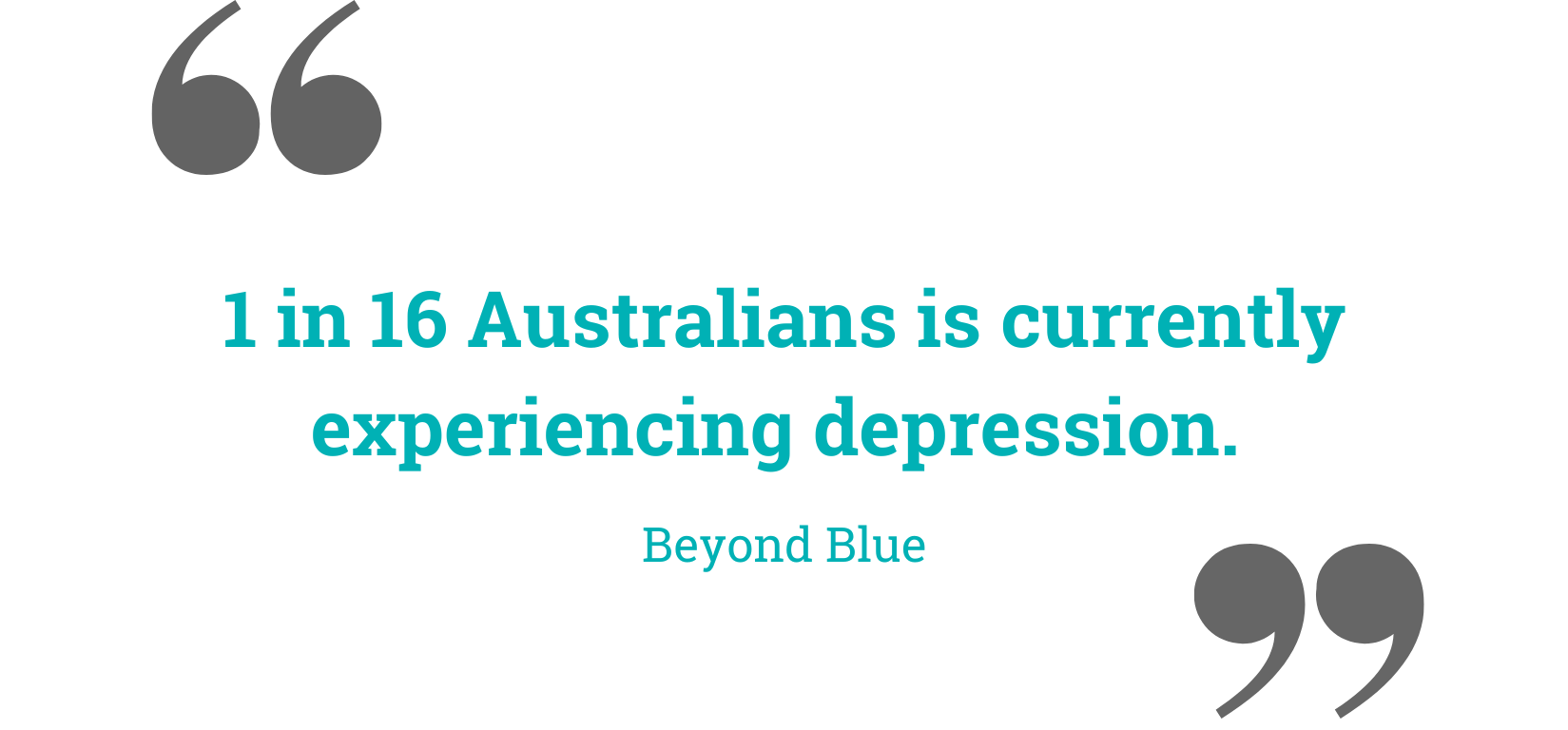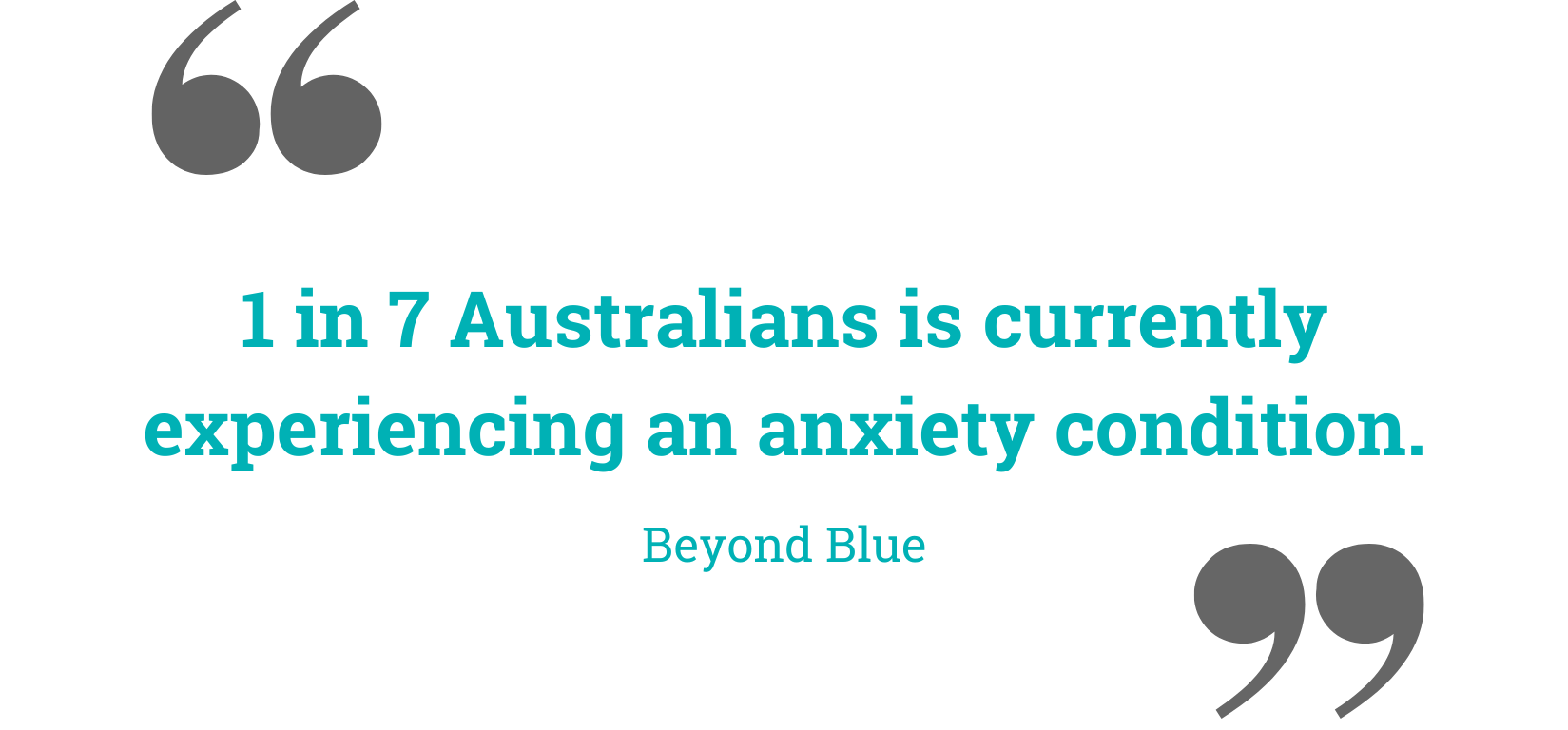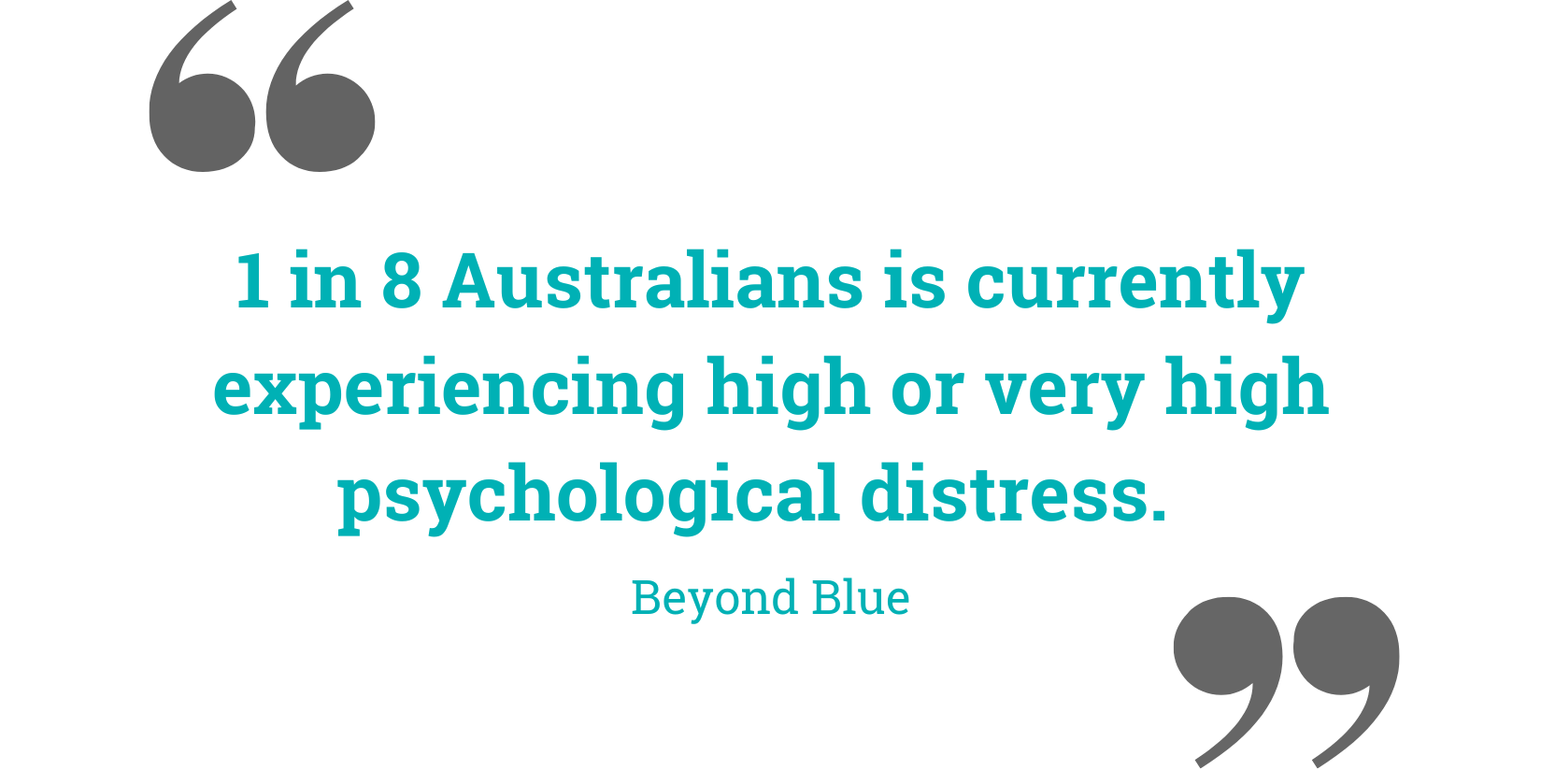How You Can Best Support Your Colleagues in the Workplace

How you can best support your colleagues in the workplace
In line with the recent RUOK? Day, it is important we continue conversations around mental health and supporting your co-workers.
Jordan Sharp, a Psychologist for the NSW Department of Education, joined us earlier this year for our #AskTheExpert Session with Kaitlin Allen, our Senior Recruitment Consultant in the Health and Community Services Team at Beaumont People.
Based off this session, we outlined Jordan’s responses into easy-to-digest lists on how to recognise signs of poor mental health in colleagues and best support them in the workplace. We have also summarised it into a downloadable, that can be accessed here, which acts as a printable reminder for your team members.

What are some key mental health signs to look out for in your co-workers?
Emotional signs – Low mood, anxiety, sense of failure, self-doubt, helplessness, trapped, defeated, detachment, loneliness, loss of motivation, increasing cynical/negative outlook, decreased satisfaction.
Physical signs – Fatigue, change in sleep patterns, weight fluctuation, hygiene/self-care.
Performance signs – Reduced performance and productivity, inconsistent quality, lack of creativity.
These are also some signs to be aware of for ourselves too.
If we do see these signs, what are the next steps so that we don’t cross any professional or personal boundaries?
It’s important to check-in, be respectful, and reach out where appropriate, but don’t pressure the individual to disclose personal information.
- Alert a manager, respect confidentiality.
- Don’t try to give a service you’re not qualified to give.
- Don’t alert unnecessary people.

And what are some of the ways to start conversations if you notice a coworker is showing some of these signs that may lead us to thinking they might be under some extra pressure or stress?
- Reach out if appropriate. You can do this indirectly, such as saying, “hey mate how have things been lately?” or you can do this directly, such as saying, “hey mate I noticed you’ve seemed a bit down lately”.
- If they choose to disclose information – listen, validate, empathy, focus on them, and encourage help-seeking.
In the workplace, when would you escalate issues to a manager?
It is recommended that you escalate the issue if there is any risk to safety, for example if they make a disclosure of self-harm/suicidality. It is also recommended to escalate the issue if you have a gut feeling that something isn’t right but remember to respect confidentiality if you do.

What types of services might we see available within the professional workplace?
- EAP services are available at many workplaces now in Australia
- Relationship with manager – Managers should not try to provide a service they are not qualified to give; however, they can listen and implement strategies to support the colleague within the workplace. They can also encourage colleague to access EAP support and/or seek a GP referral to see a psychologist.
How can we promote positive mental health in the workplace?
- Talk more about it to reduce the stigma and normalise these conversations. This can be done in team meetings and check-ins.
- Remind employees regularly of the EAP service available.
It’s so fantastic to see more conversations and support around mental health and wellbeing in the workplace, considering we all spend a lot of our time in that space. Below we have listed some more resources to explore if you need further guidance.
Want to learn more? Watch Nina Mapson Bone’s “Signs your team members are burning out” video here.
Share This blog
Recent Articles









